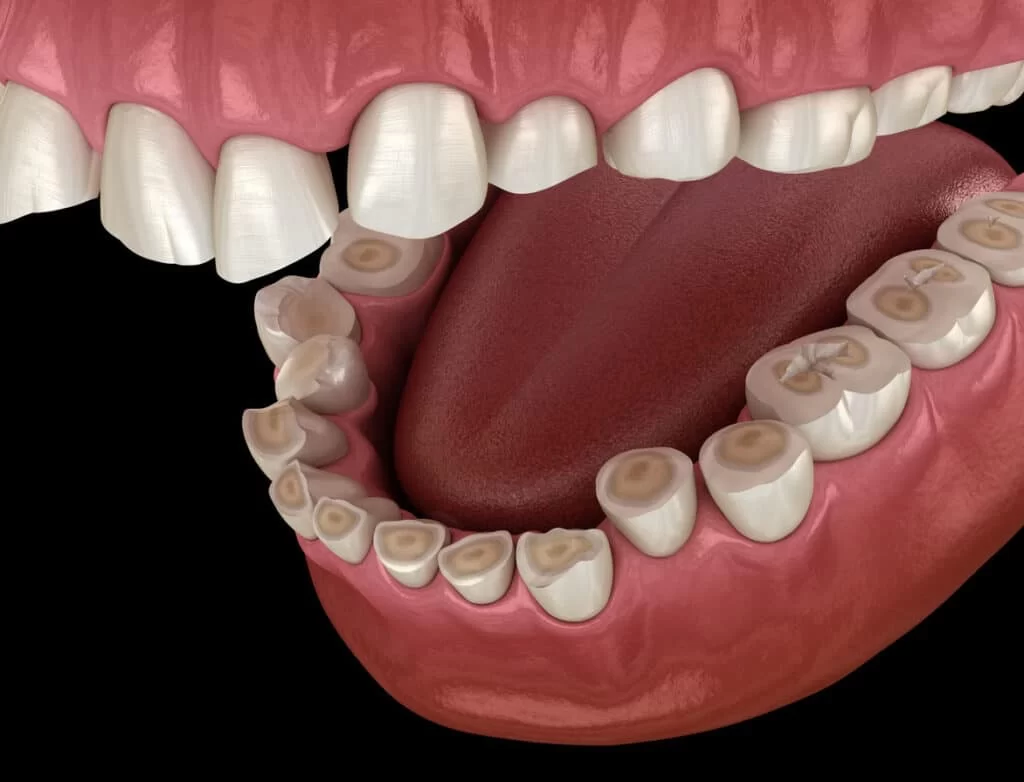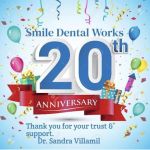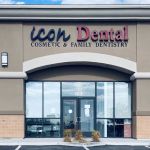
Can Teeth Grinding Cause Tooth Damage? Understand the Risks and Prevention
- 1. What is Teeth Grinding?
- 2. How Teeth Grinding Causes Tooth Damage
- 3. The Risks of Untreated Teeth Grinding
- 4. Signs You Might Be Grinding Your Teeth
- 5. Prevention and Treatment Options for Teeth Grinding
- 6. Conclusion
1. What is Teeth Grinding?
Teeth grinding, also known as bruxism, is the involuntary habit of grinding, gnashing, or clenching your teeth. It often occurs during sleep but can also happen during the day, especially in times of stress or anxiety. While it may seem harmless at first, chronic teeth grinding can cause significant damage to your teeth and jaw.
2. How Teeth Grinding Causes Tooth Damage
When you grind your teeth, the pressure from the grinding motion can wear down the enamel, the protective outer layer of your teeth. Over time, this can lead to cracks, chips, and even tooth loss. The constant friction also puts strain on your jaw muscles, causing pain and discomfort, and may lead to temporomandibular joint (TMJ) disorders.
In severe cases, teeth grinding can lead to:
- Enamel erosion
- Tooth fractures
- Increased tooth sensitivity
- Jaw pain and discomfort
- Headaches and neck pain
3. The Risks of Untreated Teeth Grinding
If teeth grinding is left untreated, it can result in long-term dental issues that require expensive treatments. In addition to physical tooth damage, untreated bruxism can affect your overall oral health, increasing the likelihood of gum disease and tooth decay. Persistent grinding can also lead to problems with your bite, leading to misalignment and further complications.
One real-life case that highlights the severity of untreated teeth grinding involves a 45-year-old woman who had been grinding her teeth for years without realizing the extent of the damage. By the time she sought treatment, she had multiple cracked teeth and had already experienced a loss of tooth enamel. She needed extensive dental procedures, including crowns and even a root canal. This case underscores the importance of early detection and intervention.
4. Signs You Might Be Grinding Your Teeth
There are several signs that you might be grinding your teeth, including:
- Waking up with a sore jaw or teeth
- Tooth sensitivity or pain
- Frequent headaches, especially in the morning
- Visible wear on your teeth or chipped enamel
- Grinding sounds at night (noticed by a partner)
If you notice any of these symptoms, it’s important to seek professional help as soon as possible to prevent further damage.
5. Prevention and Treatment Options for Teeth Grinding
Fortunately, teeth grinding can be managed with a variety of treatments. These options help protect your teeth and reduce the impact of grinding:
- Night Guards: A dentist can create a custom night guard that fits over your teeth, protecting them from the grinding forces while you sleep.
- Stress Management: Since stress is a common trigger for teeth grinding, learning stress-reduction techniques like meditation, yoga, or therapy can help minimize the habit.
- Behavioral Therapy: Cognitive behavioral therapy (CBT) may help you identify the root causes of your grinding and learn healthier coping strategies.
- Dental Treatments: If tooth damage has already occurred, restorative treatments like crowns or fillings may be needed to restore your teeth.
For more advanced or persistent cases, consulting a dentist at Dentistry Toothtruth can help you find the most suitable solution for your unique needs.
6. Conclusion
Teeth grinding is a common problem that can lead to serious dental damage if not addressed. Whether you’re dealing with tooth sensitivity, jaw pain, or visible signs of wear on your teeth, it’s important to take action early. By seeking treatment and adopting preventive measures, you can protect your teeth and maintain your oral health.
If you're experiencing the symptoms of teeth grinding, don’t wait. Click here to learn more about the available treatments and find out how you can protect your smile.







 Plymouth Greene Dental4.0 (263 review)
Plymouth Greene Dental4.0 (263 review) Dr. Sandra Villamil, DDS4.0 (21 review)
Dr. Sandra Villamil, DDS4.0 (21 review) Feil Orthodontics4.0 (76 review)
Feil Orthodontics4.0 (76 review) Jacobson and Tsou Orthodontics5.0 (3 review)
Jacobson and Tsou Orthodontics5.0 (3 review) Custom Endodontics4.0 (67 review)
Custom Endodontics4.0 (67 review) Icon Dental4.0 (120 review)
Icon Dental4.0 (120 review) The Importance of Oral Health Education During Pregnancy for a Healthy Pregnancy
The Importance of Oral Health Education During Pregnancy for a Healthy Pregnancy Best Tips for Brushing Your Teeth Properly for Healthy Gums: Essential Techniques for Oral Health
Best Tips for Brushing Your Teeth Properly for Healthy Gums: Essential Techniques for Oral Health Why Skipping Dental Checkups Can Lead to Bigger Oral Health Problems
Why Skipping Dental Checkups Can Lead to Bigger Oral Health Problems Advantages of Porcelain Dental Restorations
Advantages of Porcelain Dental Restorations How Can Diabetes Cause Tooth and Gum Problems? Preventing and Managing Oral Health Issues
How Can Diabetes Cause Tooth and Gum Problems? Preventing and Managing Oral Health Issues Healthy Habits for Promoting Good Oral Health and Hygiene: Tips for a Healthy Smile
Healthy Habits for Promoting Good Oral Health and Hygiene: Tips for a Healthy Smile